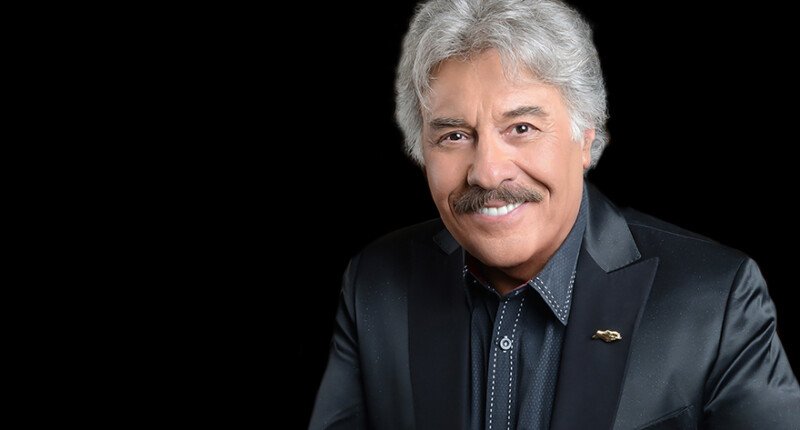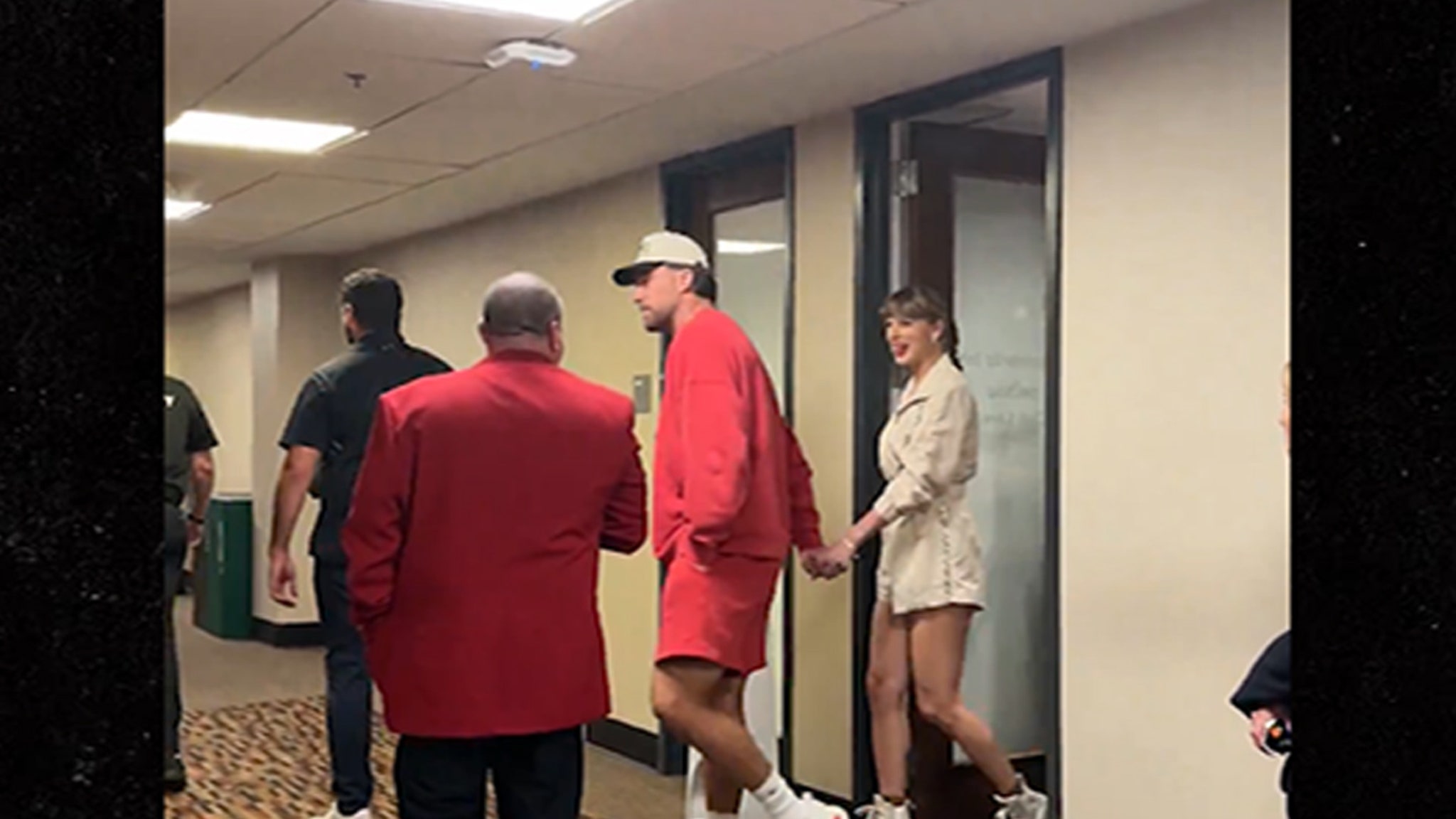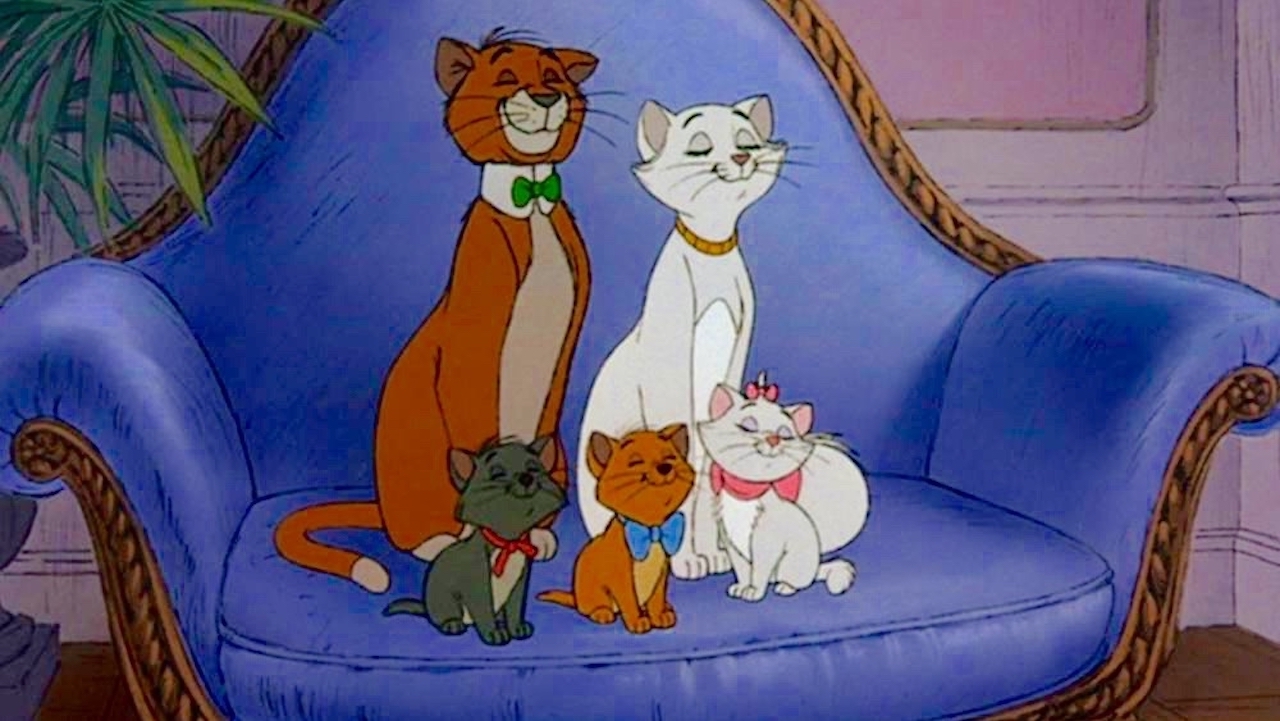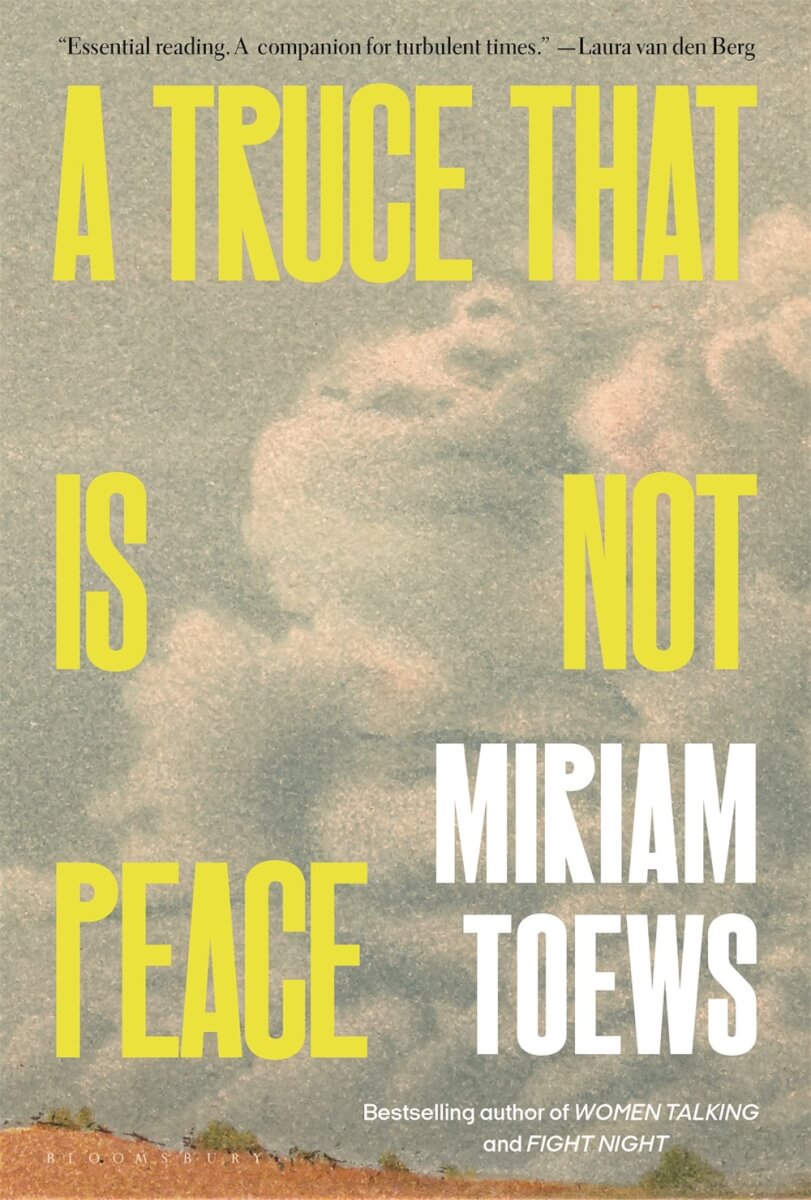There are voices that you remember not just because of how they sound, but because of how they make you feel. For more than six decades, Tony Orlando has been one of those voices—warm, powerful, and deeply human. He is more than a pop legend; he is a storyteller, a patriot, a survivor, and a symbol of enduring grace in American entertainment.
Born Michael Anthony Orlando Cassavitis in New York City in 1944, Tony came from humble beginnings. The son of a Greek father and Puerto Rican mother, he grew up with music in his blood and the grit of Hell’s Kitchen in his bones. By the age of 16, he was already climbing the charts—long before most of his peers even knew what a recording booth looked like.
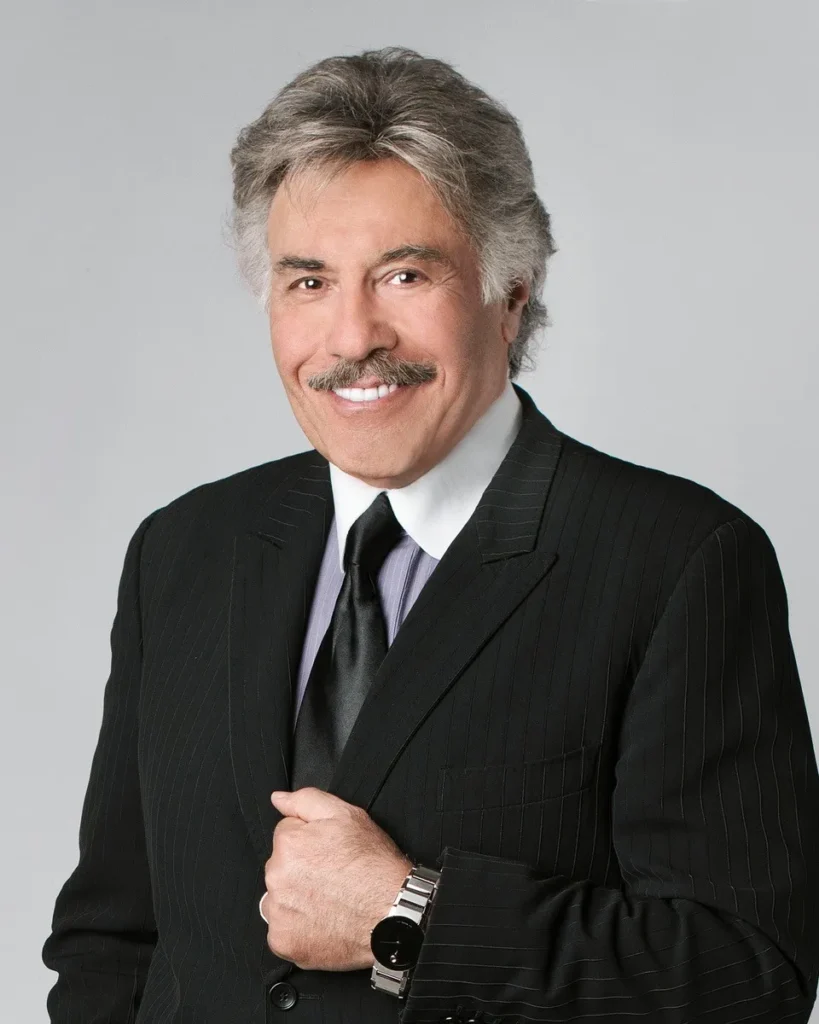
But it wasn’t until the 1970s that the world truly fell in love with him. As the voice and heart of Tony Orlando and Dawn, he delivered some of the most iconic songs of the era. “Knock Three Times” and “Tie a Yellow Ribbon Round the Ole Oak Tree” weren’t just hits—they were national anthems of love, longing, and homecoming. The latter became a defining song for returning veterans, transforming Tony into not just a singer, but a symbol of gratitude and unity.
Behind the catchy melodies and dazzling smile is a man who has weathered storms most never see. He faced personal losses, health challenges, and the ever-changing tides of show business with remarkable strength. Through it all, Tony never stopped performing, never stopped showing up—for his fans, for his family, and especially for America’s military heroes.
His deep devotion to veterans is not a side note—it’s a pillar of his identity. He’s hosted the Congressional Medal of Honor dinner, worked with the USO, and continues to honor the men and women of the armed forces with the same reverence he gives to the music that made him famous. To Tony, service is not about ceremony—it’s about heart.
In an industry that often rewards flash over substance, Tony Orlando has stayed true to something much more powerful: sincerity. Whether on stage in Las Vegas, on Broadway, or in a quiet moment with a veteran backstage, he brings an authenticity that can’t be rehearsed—it can only be lived.

Now in his 80s, Tony has gracefully stepped back from full-time touring, but his spirit continues to shine. He makes select appearances, often for causes he holds close, proving that true artistry never retires—it simply evolves.
Tony Orlando’s story isn’t just about the spotlight. It’s about how you carry the light when no one’s watching. About how you lift others when the music fades. And about how, even after all the applause, you keep singing—because the world still needs to hear it.

